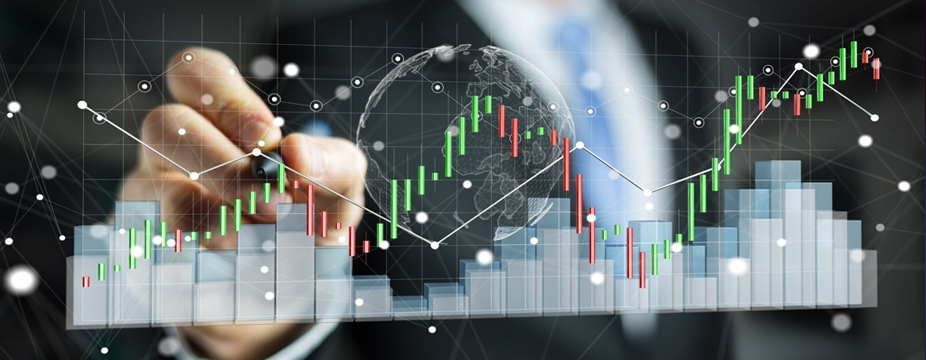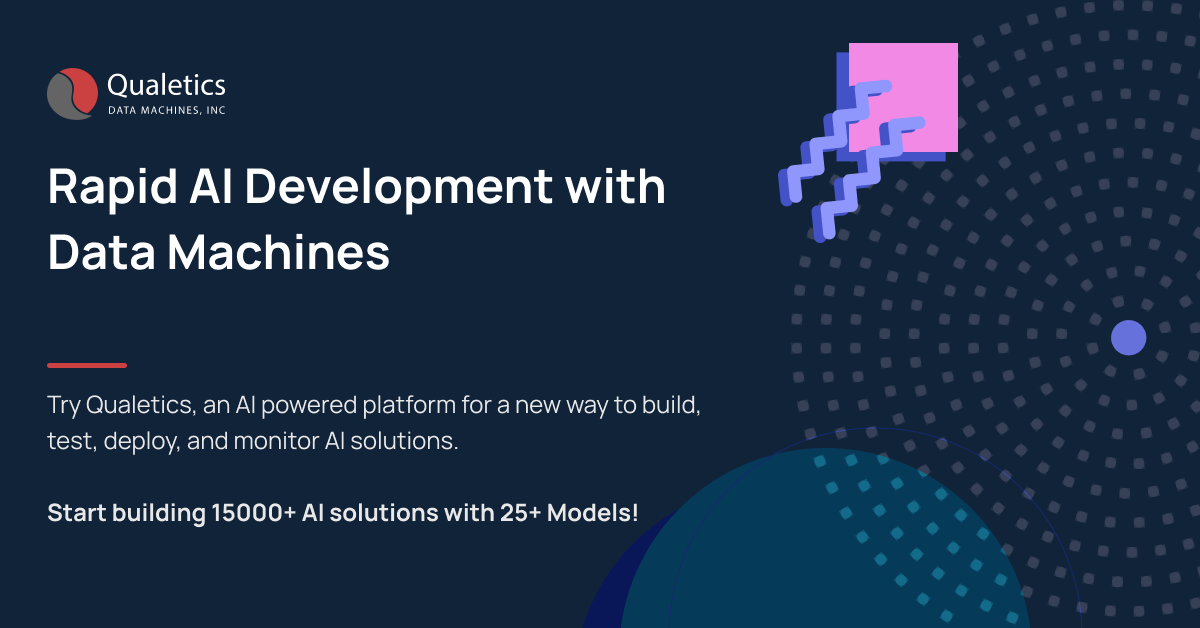The Chemistry Between AI and Capital Markets
AI is the newfangled concept in the financial markets and its adoption by the capital market firms-at a fast pace-demonstrates its responsible approach for a safe, efficient, effective, and transparent deployment of models.
The global securities markets are turning the art of trading into a science with the help of Artificial Intelligence (AI). Leveraging global strategies and data-driven insights, AI is helping financial companies to rethink their business models, reduce and manage risks, enhance operational efficiency, reformulate their workplace strategies, etc.
The capital markets are no stranger to Data Analytics, even though the equity capital markets still depend on traditional ways of relying on the relationships with investors and identifying prospective clients to raise capital for initial public offerings (IPOs). Recently, Bank of America brought AI to equity capital markets where AI and Machine Learning help the bankers in accurately identifying investors for IPOs.
Role of AI and Machine Learning in capital markets
The financial sector generates huge volumes of data on a daily basis. Machine learning helps analyze deep insights hidden in this data. It fully integrates with the trading processes and leverages complex algorithms to make extremely fast trading decisions in Automated Trading Systems or High-Frequency Trading.
Robotic Process Automation (RPA)
RPA capability provides capital markets an opportunity to obliterate redundancy and streamline processes. Many of the capital market firms work in silos and have a number of legacy systems that require huge investments and time to invest in technology. RPA empowers the capital markets by automating middle and back operations. It maintains an audit trail of each step of a process that can be useful for audit and regulatory requirements. RPA is cost-effective, reduces transaction errors, drives high accuracy, and enhances compliance and control while dealing with onboarding the client, reconciliation, reporting, customer servicing, derivative documentation, automated portfolio rebalancing, etc.
Sentiment Analysis
Sentiment analysis is a crucial text mining technique to process textual content and extract relevant and meaningful information from the content. The rise of social media platforms, smartphones, wifi, etc have given enough space for people to express their opinions. The amount of such data can have, both, positive and negative impacts on the stock price. Sentiment analysis affects the short-term price fluctuations of the stocks.
Cognitive computing
Cognitive computing offers a competitive edge to the capital market firms by providing virtual agents that can see meaningful transactions in convoluted areas like brokerage, etc. The markets can effectively and efficiently address fraud and risk management with advanced predictive analytics and emphasize on proactive prevention of the same. It also reduces the costs and provides exceptional optimization options with its automation and cognitive tooling.
Deep Learning
Deep Learning models are applied in capital markets to develop automated trading strategies, identify market patterns, perform predictions, trade-based decision making, etc. Deep learning helps in developing credit rating mechanisms, providing automated investment advice to the clients, along with pre and post-trade communication analytics, sales optimization, compliance and risk management, etc.
Impact of AI on capital markets
According to a Greenwich Associates report, more than half of the capital market firms are already using AI in the securities trading processes.
- AI enhances efficiency, safety and performance in capital markets by simplifying the deal-making processes, improves the return-on-investment portfolio, identifying and reporting anomalies, deploying risk management solutions, etc.
- AI digs deep into the data to analyze and extract hidden insights that are often not detected through conventional research methods. It reduces the effort required to build models by speeding up the analysis using machine learning and allows to correlate the tests in a more automated way.
- AI automates many tasks for better efficiency, accuracy, and performance. Tasks such as automated investor reports can rationalize and optimize the valuation process at scale using document recognition.
- Pre-trade risk analysis provides insights on overall portfolio positions and the cost of risk capital in profitability calculations. AI analyzes the firms’ risk exposure more accurately and optimizes real-time capital reserves.
- It is difficult to predict fluctuations in the securities markets. Machine Learning analyzes historical data, gains actionable insights from the trained data, and deciphers the complexities concerned in stocks to draw predictions on the securities markets with considerable accuracy.
AI leaves a great impact on investors to focus solely on decision-making. It assists investors in reducing risks, maximizes their ROI, reduces costs, and saves time. AI is the correct match to the capital markets because of its ability to investigate data and patterns along with seamless management of trading, other labor-intensive and low-value business processes.


